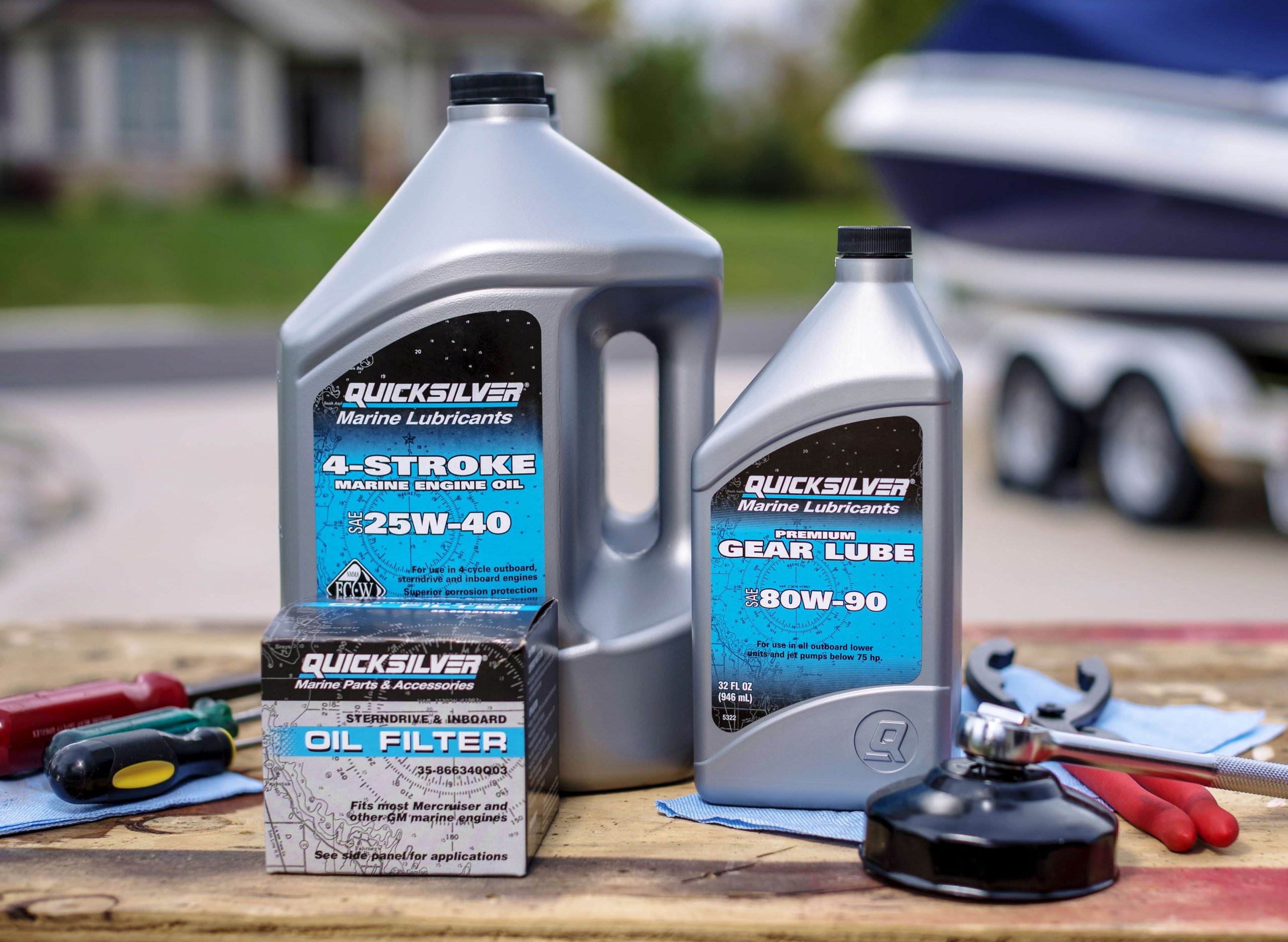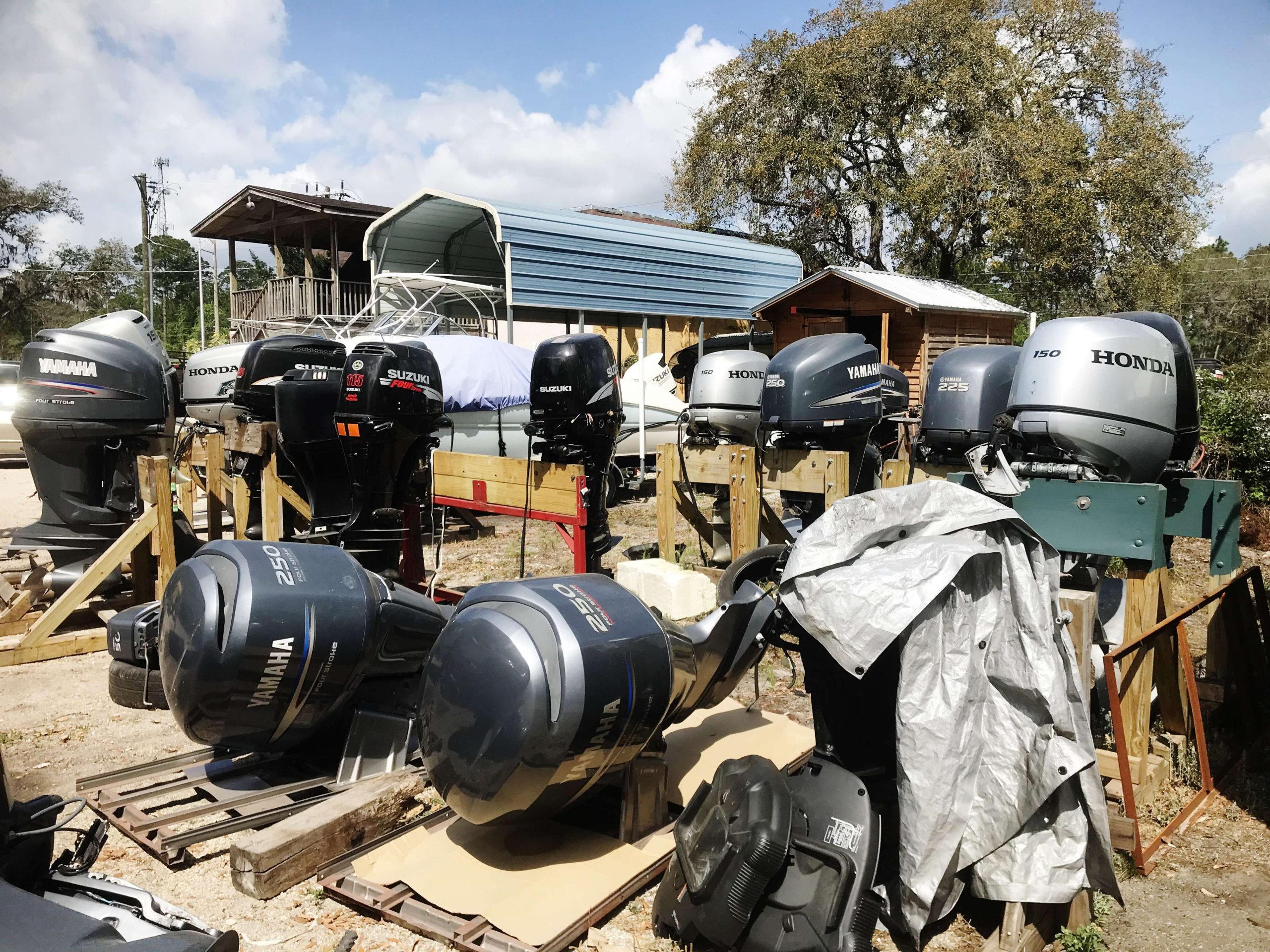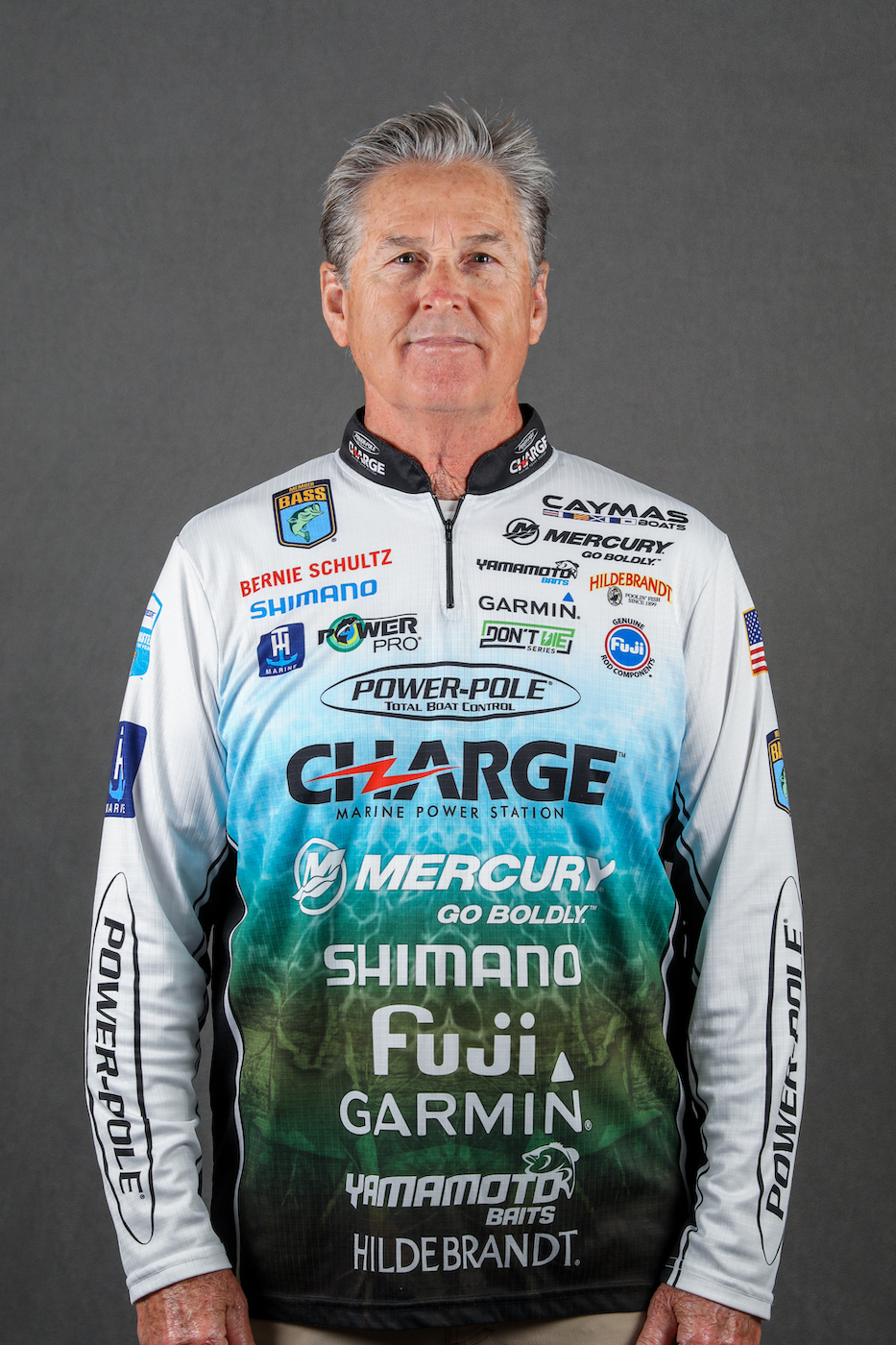
Lubricants are the lifeblood of your outboard motor. Ask any mechanic and they’ll tell you, regular maintenance with the proper lubricants is essential to making them last.
Regardless of brand — large or small — the engine that propels your boat requires lubrication to survive the rigors of prolonged use, particularly under adverse conditions. That includes extreme heat to subzero temperatures.
A commonly asked question: “Is it critical to use lubricants specifically formulated for marine use?” The answer, according to the mechanics and service techs I trust, is an emphatic, “Yes!” But there’s a qualifier: They advocate the use of marine-grade lubricants by brands such as Quicksilver, not those produced and branded for marine use by the automotive industry.
They insist the engineers and chemists who work together to develop marine-grade lubricants do so under the strictest guidelines — to ensure optimal performance and prolonged life for the engines they are intended for. And that doesn’t happen arbitrarily. There’s an absolute science behind it, trust me. Better yet, trust what my friend Scotty Beattie says. He’s one of Mercury Marine’s national service techs, and he’s in constant contact with Mercury’s engineers, continually evaluating engine performance in the field. That includes the outboards we run on the Bassmaster Elite Series.
Scotty says, “Manufacturer-prescribed lubricants are essential to the performance of the product. The reason being, all product is validated with those specific lubricants — meaning they go through severe endurance testing with radical heat cycles, etc., which are exhaustive, tedious processes.
“It’s of the upmost importance to find the perfect formula to keep our engines functioning at peak performance levels. And that’s why it’s imperative to follow the manufacturer’s recommendations, as they dedicate the time and put all the research into it.”
From lab to lake
Long known for their exploits in the racing world, Mercury engines have been setting speed records for decades. In dealing with such high-performance engines, finding the right balance of formulas is crucial. I’ve seen Mercury’s test facilities, including their state-of-the-art Noise Vibration and Harshness Center, and I can tell you it looks like something out of NASA. The amount of wear and tear they put on their test engines far exceeds anything you or I could ever inflict.

Wanting to know more about why lubricants formulated specifically for marine applications are superior, I spoke with Quicksilver’s oils and chemicals product manager, Michelle Demeti. She said, “Unlike standard automotive lubricants, our oils and greases feature specialized additives for prolonged use under extreme conditions. They’ve been formulated to work well with intermittent engine usage and have increased levels of corrosion inhibitors to protect engine components in humid environments.
“Our formulas also feature no viscosity modifiers or specialty viscosity modifiers, so they are sheer resistant and maintain the top of the viscosity range. This is important because outboard applications have higher fuel dilution compared to automotive applications. Simply put, marine oils are designed to better protect marine engines and prevent excessive wear.”

Two-stroke vs. four-stroke
Regardless of whether you’re running a two-stroke or four-stroke outboard, Demeti and Beattie both recommend using only lubricants prescribed for marine use that have undergone exhaustive testing in laboratories and marine environments. And they insist regularly scheduled maintenance is a must – in most cases, that’s every 100 hours of operation and/or before storing your boat for prolonged periods.
Because I compete in so many events at varying geographic locations, I play on the safe side. I change my engine and lower unit oil two to three times per season so I won’t have to worry about any issues while I’m on the water.
Regardless of your brand of outboard, be sure to follow the manufacturer’s recommended schedule of maintenance. And use only marine-grade lubricants recommended by the manufacturer. They may cost a bit more, but it’s always better to be safe than sorry.






